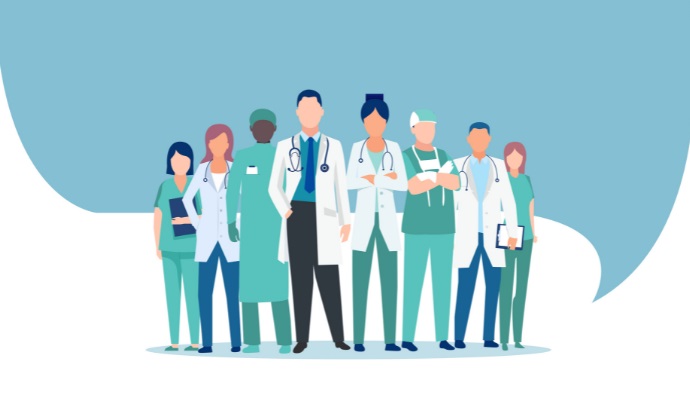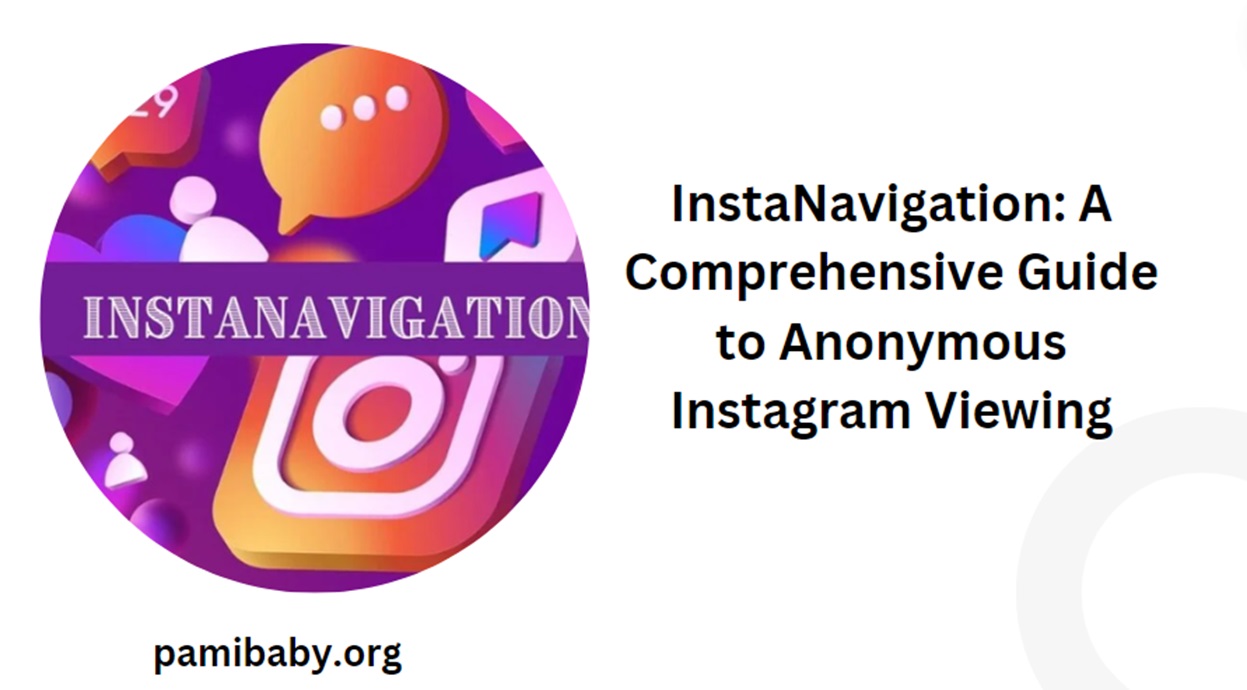The COVID-19 pandemic has transformed the way healthcare systems operate globally. As the virus spread across the world, the need for efficient, well-managed healthcare systems became more critical than ever. In this context, Crm.covidcare.id emerged as a vital tool, revolutionizing how healthcare management was conducted during the pandemic. This article delves into the significant role that Crm.covidcare.id played in managing healthcare services, tracking cases, and ensuring the efficient delivery of medical assistance during one of the most challenging times in modern history.
Table of Contents
What is Crm.covidcare.id?
Crm.covidcare.id is a Customer Relationship Management (CRM) platform specifically designed to manage healthcare services during the COVID-19 pandemic. It served as a centralized system that enabled hospitals, clinics, government agencies, and healthcare providers to track COVID-19 cases, manage patient care, and streamline healthcare delivery efficiently.
Key Features of Crm.covidcare.id
- Real-Time Data Tracking: Crm.covidcare.id provided up-to-the-minute data on COVID-19 cases, hospitalizations, and recoveries. This allowed healthcare providers to respond quickly and effectively to changes in infection rates.
- Patient Management: The platform enabled healthcare workers to monitor patient progress, allocate resources, and track treatments, ensuring each patient received the appropriate care.
- Resource Allocation: By tracking hospital capacities, available beds, medical supplies, and staff, Crm.covidcare.id helped prevent resource shortages during critical moments.
- Data Security: Given the sensitive nature of healthcare information, Crm.covidcare.id prioritized data encryption and patient confidentiality, ensuring that medical data was safe from unauthorized access.
The Role of Healthcare Management During COVID-19
Healthcare management became a key focal point during the pandemic, with the need for quick, informed decision-making becoming more apparent. Crm.covidcare.id played a significant role in ensuring organized, efficient management of patient care, hospital resources, and communication between healthcare providers and patients.
Importance of Efficient Healthcare Management
The unprecedented nature of the COVID-19 pandemic revealed several critical shortcomings in healthcare systems worldwide. Hospitals were overwhelmed, supplies were scarce, and there was an urgent need for a coordinated approach to managing both resources and patient care. Efficient healthcare management was essential for:
- Reducing Hospital Overcrowding: Hospitals were flooded with COVID-19 patients, and proper management of hospital beds, ventilators, and staff was critical to prevent overwhelming the healthcare system.
- Ensuring Fair Resource Distribution: From oxygen tanks to Personal Protective Equipment (PPE), ensuring that all hospitals and regions had access to necessary supplies required real-time data and effective coordination.
- Tracking Patient Progress: COVID-19 affected individuals differently, with some recovering quickly while others required long-term care. Proper tracking and management of patient progress helped in allocating resources where they were most needed.
How Crm.covidcare.id Facilitated Healthcare Management During COVID-19
The Crm.covidcare.id platform provided solutions to many of these issues. By utilizing its CRM features, healthcare organizations were able to manage patient care more efficiently and ensure that critical resources were allocated where they were needed the most.
Real-Time Data and Decision Making
One of the core features of Crm.covidcare.id was its ability to provide real-time data to healthcare providers. This allowed doctors, nurses, and hospital administrators to make informed decisions quickly, ensuring that they could adapt to the rapidly changing nature of the pandemic. Some of the real-time data provided included:
- COVID-19 infection rates in specific regions
- Hospital capacity and bed availability
- Status of medical equipment such as ventilators and PPE
- Patient progress reports, including vitals, treatment responses, and recovery rates
Patient-Centered Care Management
COVID-19 is a highly unpredictable disease, and each patient’s case could vary drastically. Crm.covidcare.id helped healthcare providers track each patient’s journey from diagnosis to recovery. This involved monitoring symptoms, adjusting treatments, and providing timely medical interventions. For example:
- Case Tracking: From the moment a patient tested positive for COVID-19, healthcare workers could use Crm.covidcare.id to record symptoms, treatment history, and medical interventions.
- Treatment Plans: Based on the data collected, healthcare providers could tailor personalized treatment plans for each patient, adjusting them as necessary based on real-time updates.
- Follow-Up Care: Post-recovery, many patients required ongoing monitoring and follow-up care, especially those who experienced long-term effects of the virus (commonly referred to as “long COVID”). Crm.covidcare.id facilitated this by reminding healthcare providers of scheduled follow-ups and tracking patient health post-recovery.
The Impact of Crm.covidcare.id on the Healthcare Industry
The implementation of Crm.covidcare.id during the COVID-19 pandemic had a transformative effect on the healthcare industry. By introducing a streamlined platform for managing patient data, hospital resources, and communication, Crm.covidcare.id not only improved healthcare delivery but also highlighted the importance of integrating technology into healthcare systems for better outcomes.
Enhancing Communication and Collaboration
One of the most significant impacts of Crm.covidcare.id was in enhancing communication between healthcare providers and their patients. With hospitals overwhelmed and many doctors working remotely or on-call, it was essential to have a system that allowed for instant communication. Crm.covidcare.id facilitated:
- Telemedicine and Virtual Consultations: Patients could consult with their doctors without needing to visit hospitals, reducing the strain on medical facilities.
- Inter-Hospital Communication: Hospitals could collaborate more easily, sharing information about patients, available resources, and critical data, such as ICU occupancy rates and ventilator availability.
- Government and Healthcare Coordination: Public health agencies could use Crm.covidcare.id to coordinate responses, share data, and make informed policy decisions based on the real-time information provided by the platform.
Data-Driven Healthcare Decisions
The platform’s real-time analytics enabled healthcare organizations to respond more effectively to the pandemic. This data-driven approach was crucial in managing the unpredictable nature of the virus. For instance:
- Hotspot Identification: The platform allowed health authorities to identify COVID-19 hotspots, helping to allocate resources to the areas that needed them the most.
- Vaccine Distribution: When vaccines became available, Crm.covidcare.id helped organize and manage vaccine distribution by tracking available doses, scheduling appointments, and recording patient vaccination statuses.
- Healthcare Research: The vast amount of data collected through the platform could be used for COVID-19 research and future pandemic preparedness, helping scientists and researchers analyze the virus’s progression, mutations, and the effectiveness of different treatment protocols.
Challenges Faced During Implementation
While Crm.covidcare.id was instrumental in managing healthcare during the pandemic, it also faced challenges, especially during its initial implementation.
Integration with Existing Systems
Many healthcare providers already had their own systems for managing patient data and hospital resources. Integrating these systems with Crm.covidcare.id posed a significant challenge. Ensuring compatibility, minimizing data loss, and training staff to use the new platform required time and resources.
Data Privacy Concerns
Given the sensitive nature of the data being handled, data privacy was a major concern. While Crm.covidcare.id employed advanced encryption methods, ensuring compliance with privacy laws such as GDPR was an ongoing challenge, particularly as the platform was used across different countries and healthcare systems.
The Future of Healthcare Management Post-COVID-19
The success of Crm.covidcare.id in managing healthcare during the pandemic has highlighted the potential for CRM platforms in healthcare management moving forward. Even as the world transitions into a post-pandemic era, the need for efficient healthcare management will remain.
Expanding CRM Applications in Healthcare
The lessons learned from the pandemic have paved the way for broader applications of CRM platforms in healthcare. Beyond COVID-19, such platforms can be used to manage:
- Chronic Disease Management: Patients with long-term conditions such as diabetes or heart disease can benefit from personalized care plans and real-time health monitoring.
- Preventive Healthcare: CRM systems can help track patient data to identify potential health risks early, allowing for preventive measures to be taken.
- Telehealth Services: With the rise of virtual consultations, CRM platforms will play a key role in integrating telemedicine into standard healthcare practices.
Preparing for Future Pandemics
One of the most significant takeaways from the COVID-19 pandemic is the importance of preparedness. Crm.covidcare.id provides a blueprint for how healthcare systems can manage future pandemics by ensuring that real-time data is accessible, resources are efficiently allocated, and patient care is personalized and effective.
Conclusion
Crm.covidcare.id has proven to be a game-changer in healthcare management during the COVID-19 pandemic. Its ability to streamline patient care, manage resources, and provide real-time data ensured that healthcare systems could respond quickly and effectively to the crisis. As we move forward, platforms like Crm.covidcare.id will continue to play a critical role in healthcare management, helping to improve patient outcomes, enhance collaboration, and ensure that healthcare providers are better equipped to handle future challenges.
The integration of CRM systems into healthcare is not just a temporary solution but a lasting innovation that will shape the future of global healthcare management.
Also read Big Techoro.com









